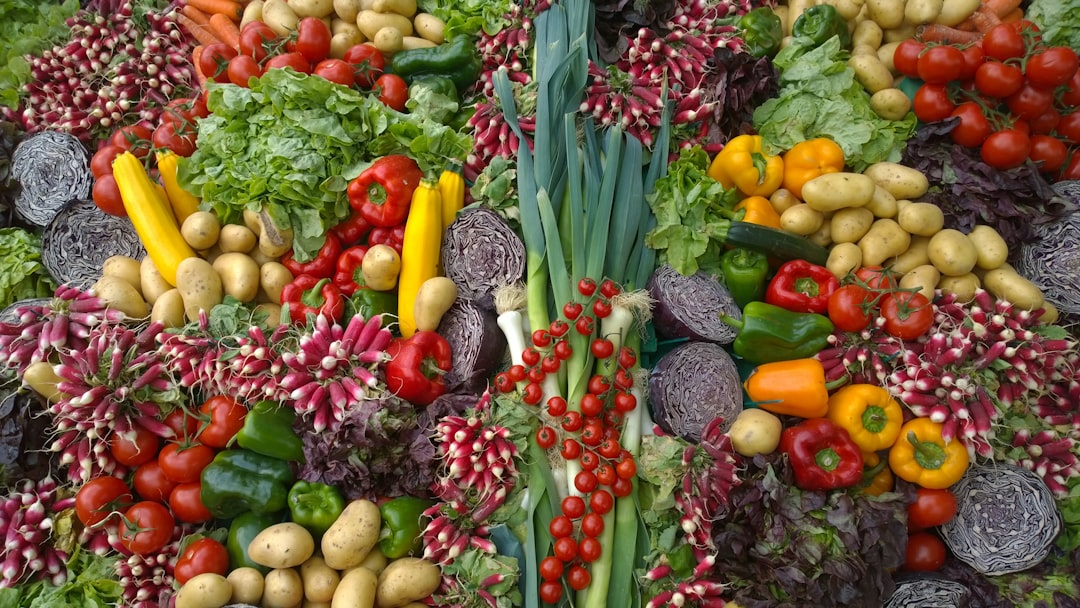How to eat now

Few aspects of wellness are as controversial or contested as nutrition (and, in a world of everything from vagina steaming to perineum sunning, that’s saying something).
It’s a subject often best avoided because - like politics, religion and parenting styles - people become so entrenched in their beliefs that they take any other opinion as a personal slight. Which is funny because one thing I’ve come to realise about nutrition is how important it is to keep an open mind.
As an example of how drastically things can change, back in the 1980s and 1990s, fat in food was nutritional enemy number one. Public health information advised us to cut down on fat, causing an explosion of low-fat products, often packed with sugar or artificial flavours.
Of course, anyone with a passing interest in nutrition now knows the importance of good fats - such as those in nuts, seeds, avocado, fish and olive oil. But it took a long time for government health advice to catch up. The US Food and Drug Administration (FDA) are only now in the process of updating their guidelines - and it took a high-profile dispute with KIND snacks to get to this point. Back in 2015, the FDA said that KIND couldn’t label their snack bars ‘healthy’ because of the fat content, but KIND argued that the fat was from nuts and seeds, making them far healthier than low-fat snack bars that were full of additives but labelled ‘healthy’.
It can be a murky and confusing world, particularly if you’re someone who has issues around food. And I know that there are people who get triggered by the very idea of certain foods being labelled ‘healthy’. Personally, I do believe that some things are healthier than others (I mean, broccoli is objectively healthier than a doughnut, right?), but I also get that some people find it easier to have a good relationship with food if they don’t categorise it in that way.
For those of us without such issues, the constant evolution of science and understanding around nutrition, as well as the rise and fall of food trends, can be endlessly fascinating. Back in the summer, The Future Laboratory produced a report with Green Chef identifying five of the biggest trends in eating habits right now. They are:
Longevity diets focused on eating patterns from the Blue Zones, parts of the world with the highest concentration of healthy centenarians.
Hyper-personalised nutrition, fuelled by a proliferation of personal health data, such as through continuous glucose monitoring.
Cognition nutrition, or eating for brain health, which includes everything from mood-boosting botanicals to focus-enhancing nootropics.
Climatarianism, eating to protect the environment.
The microbiome movement, which is the continued flourishing of interest in supporting good gut bacteria.
I’ve certainly taken an interest in all five at various points over the past year. But it’ll be interesting to see how the cost of living crisis will impact consumer habits this winter, as most of us are considering the price of our weekly shop more carefully.
I often get DMs from people on Instagram asking how I eat, particularly since having breast cancer. People want to know if I’ve gone vegan, or if I only eat raw food or only organic, or if I’ve tried keto. The thing that comes up most often is people asking if I’m ‘plant-based’. It’s tricky because that phrase means different things to different people. Some use ‘plant-based’ interchangeably with ‘vegan’, whereas others use to it to mean they eat mostly plants, but still also have meat and dairy.
For the record, I’m not vegan, because I like cheese too much. I’d say I’m around 90% plant-based though. We have the odd bit of fish at home, but no meat these days. However, if I go to your house and you serve me chicken, I’ll eat it because I have manners, and also I’m not that strict about anything. I guess I’m ‘flexi-pescatarian’, if that doesn’t make me sound too unbearable.
For me, the answer is not to overcomplicate it. As nutritional science and trends shift, I don’t think anyone is ever going to disprove the benefits of eating mostly plants. But the most important thing to bear in mind when it comes to nutrition is the thing that is so often forgotten - enjoy it! Life is too short to waste on food you don’t absolutely love.
This week I’m…
Watching The Wonder, in which Florence Pugh plays a nurse caring for a girl who appears not to eat at all (in cinemas this week and on Netflix from 16 November).
Feeling inspired by Higher Purpose: How to Find More Inspiration, Meaning and Purpose in Your Life, by Robert Holden.
Embracing No-vember, by saying ‘no’ to overcommitting myself
Still listening to Taylor Swift’s Anti-Hero on repeat



